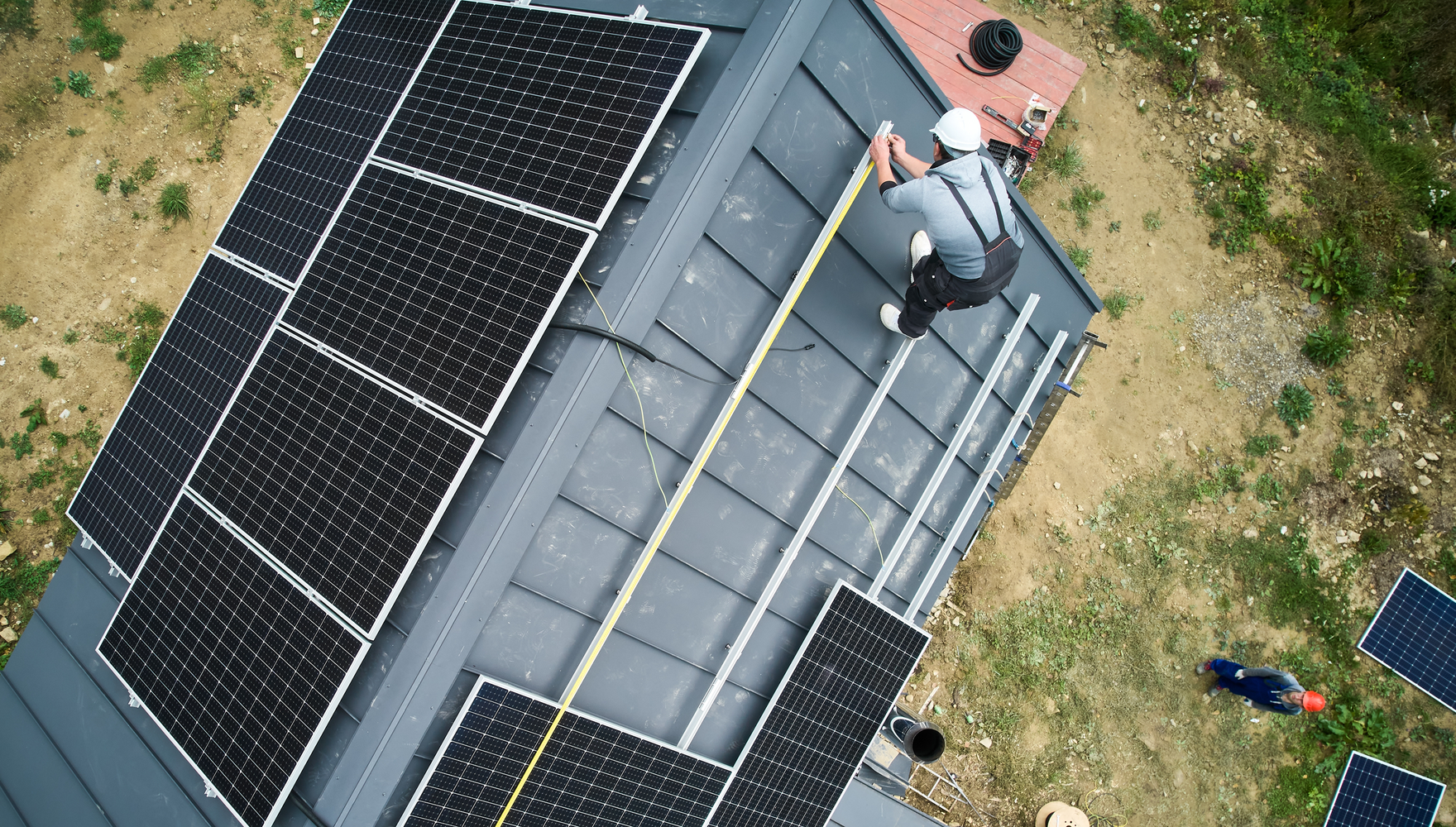In this week’s episode, host Daniel Raimi talks with Madeline Yozwiak, a PhD candidate at Indiana University Bloomington, about the potential of residential rooftop solar technology to address the growing problem of household energy insecurity in the United States. Energy insecurity—the inability to access or afford sufficient energy to meet basic household needs—affects about one in four US households. In a recent study she coauthored, Yozwiak evaluated whether rooftop solar can reduce energy burden by comparing the experiences and energy expenses of otherwise similar households, with and without rooftop solar. She shares findings from the study, which suggest that rooftop solar can lead to significant savings on energy bills and improve overall utility affordability.
--
Notable Quotes
- Rooftop solar panels can relieve household energy burdens: “We find that households who have rooftop solar are more likely to be able to pay their electricity bill. They’re less likely to be disconnected. They’re less likely to limit their energy consumption in order to afford their energy bills. They’re less likely to give up those needed expenses, like food or medicine, like we talked about in order to afford their utility bill. And they’re less likely to keep their home at an uncomfortable temperature.” (11:08)
- How households finance their rooftop solar influences the extent to which they reduce energy insecurity: “There may be this real mechanism where how you pay for your panels does attenuate or mediate the magnitude of the effect on energy insecurity. It’s worthwhile to do more research.” (16:52)
- Rooftop solar can help address the broader challenge of energy affordability in the United States: “The real problem here is: How do we set prices efficiently within electricity, and how do we do so in a way that allows households who need that energy and depend on it to be able to afford it? In the interim of solving that big problem, I think rooftop solar has a role to play.” (22:15)


